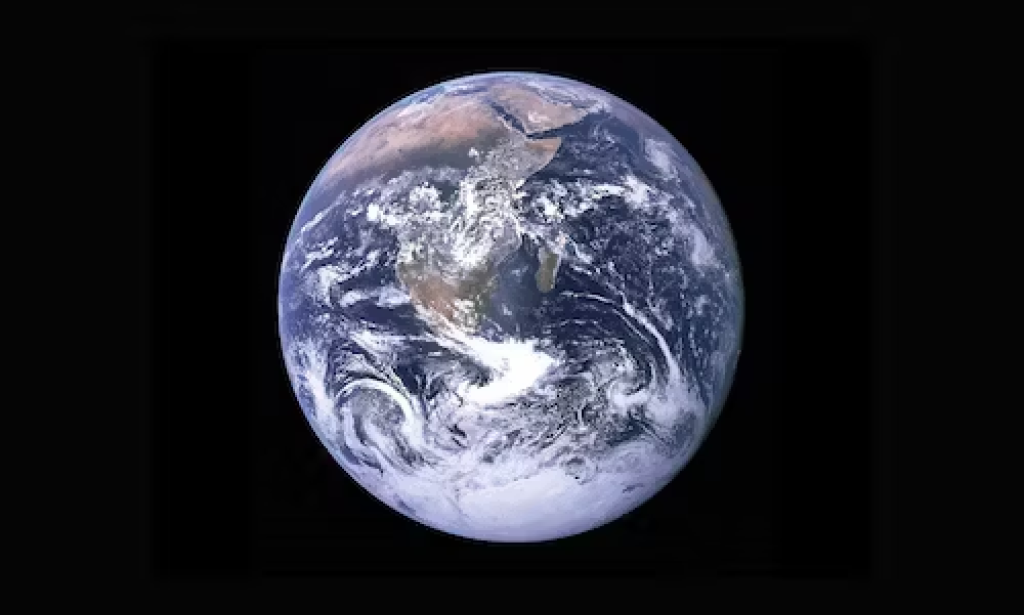Our planet Earth is a shining example of life in the wide universe when we look up at the night sky. But underlying its beauty, there is a dilemma that has interested and troubled intellectuals and scientists for ages: Will the Earth be destroyed? Even though the future is still unknown, looking at the potential risks to our planet will help us better comprehend the difficulties we may encounter and the precautions we should take to protect our home.
(1) Natural disasters Earth has experienced various natural catastrophes over its history that have influenced how it has evolved. Our world has been affected by asteroid collisions, volcanic eruptions, and seismic activity. Despite the rarity of such events in human timescales, the threat of another catastrophic event is always there. erbe disregarded. In order to understand prospective hazards and develop plans to lessen their effects, scientists constantly monitor celestial bodies, evaluate seismic activity, and research geological occurrences.
2. Risks Caused by Humans Humanity has unintentionally increased the hazards to Earth's survival as it has advanced technologically. Threats from pollution, deforestation, climate change, and the depletion of natural resources all pose growing dangers. These hazards that humans have created have a significant impact on the stability of the planet's ecosystems, biodiversity, and other factors. However, coordinated worldwide initiatives to address these issues through conservation, sustainable practices, and international cooperation can help lessen their negative consequences.
3. Cosmic Occasions The cosmos contains buried threats that could endanger Earth beyond the confines of our own planet. Intense solar flares, gamma-ray bursts, or close supernova explosions are a few examples of cosmic occurrences that could have disastrous effects on Earth. Even though there is a small chance that anything similar may happen nearby, knowing about these occurrences and creating early warning systems will help us be ready for any consequences.
The Sun's Future 4. All life on Earth derives from our sun, which also has a life cycle of its own. It will eventually enter its latter stages as it gets older, which will result in a change into a red giant. The sun will enlarge during this phase, perhaps swallowing Earth along with Venus, Mercury, and other planets. According to estimates, this event won't happen for almost 5 billion years, giving us plenty of time to get ready. read possibly discover a means to expand our civilization beyond of our solar system.
5. Human Efforts in Outer Space Humanity has contemplated the prospect of colonizing space as part of its desire for discovery and survival. Even if Earth were to be destroyed, the development of self-sustaining colonies on other planets or celestial bodies could act as a guarantee for the survival of our species. We are getting closer to achieving this goal thanks to our improvements in space technology and ongoing space missions, even if it is still a long way off.
Conclusion The wonders of the galaxy and the decisions made by its inhabitants will determine Earth's future. Although we are unable to say for certain if our planet will perish, we can accept the duty to safeguard the priceless gift of life that has been given to us. We may work to protect Earth from the threats it faces and guarantee a better, more sustainable future for future generations by encouraging environmental stewardship, scientific research, and international cooperation. Never forget that we are responsible for our planet's future.


You must be logged in to post a comment.